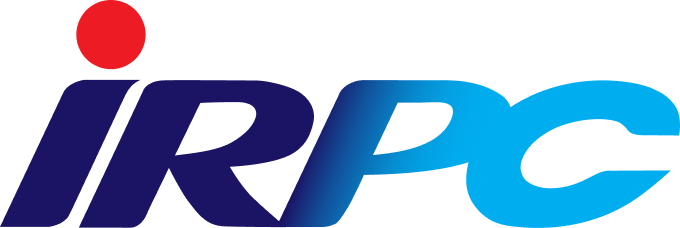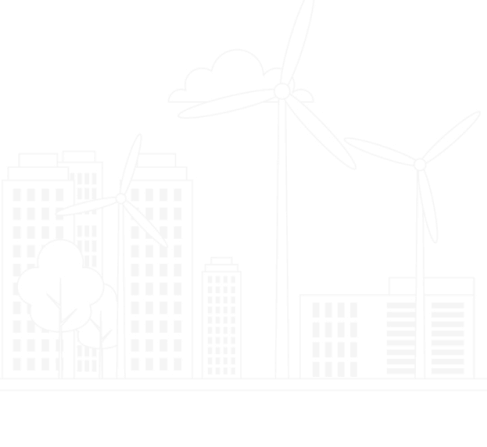E : Eco-Operation and Technology
Energy Intensity Index: 82.67% EII
Energy saving: 296,391 GJ
GHG Reduction: 155,890 tCO2eq
Emission Reduction Programs
IRPC is committed to optimizing energy efficiency and reducing environmental impacts through the continuous enhancement of our production processes. This includes efforts to improve efficiency in heat and steam management, reduce electricity consumption, enhance logistic management, as well as engaging in collaborative initiatives with PTT Group.
As part of this commitment, IRPC has implemented a program covering 2 categories of activities aimed at energy saving and CO2 emission reduction. These consist of Operational Control projects and Process Improvement projects.
- Operational Control Projects, covering reduction of electricity consumption, reduction of internal heat loss and steam consumption in the operation process.
- Process Improvement Projects, covering equipment installation, electricity production facilities improvement.
Solar Floating Project
The project utilizes Reservoirs 3, 4, and 5, primarily designated for water supply production, with solar panels installed on the earthen surfaces of the reservoirs, measuring approximately 74, 61, and 65 rai, respectively. Solar panels will be installed on the water surfaces of these reservoirs, with a total installed capacity of 12.5 MW and a peak of 8.5 MW. The panels generate direct current electricity, which is converted by an inverter into alternating current. This is then sent to a transformer, where the voltage is increased from low voltage to high voltage (6.6 kV), passing through an electricity meter before being transmitted to the electricity system of the project and distributed to the factories in the IRPC industrial zone. The system operates 24 hours a day for the project’s 25-year lifespan. However, the selected solar panels have an expected lifespan of approximately 30 years.
IRPC’s 12.5 MW Solar Floating Plant was awarded the Thailand Voluntary Emission Reduction (T-VER) certificate by the Thailand Greenhouse Gas Management Organization (TGO). The project is registered as a T-VER project and is expected to reduce greenhouse gas emissions by an average of 9,459 tons of CO2 equivalent per year over the 7-year carbon credit calculation period from January 1, 2021 to December 31, 2027.














